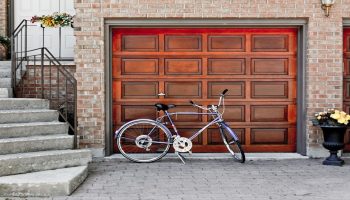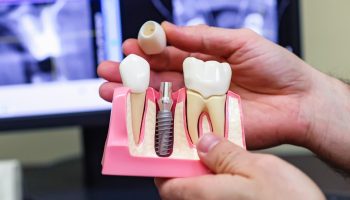If DIY is your favourite pastime, and you want to set up a home electronic workshop, you are just at the right place.
This guide will give you tips for setting up your home electronics workshop with the right equipment and tools. The process entails the following steps:
Setting Up the Work Area
The ideal workspace should consist of a large desk, workbench, or table (go for wooden in this case) for performing the circuit assembly. This can be made with house electrical power (AC 120 Volts) accessible readily to power supplies, power soldering equipment, and other test tools.
Try to avoid a desk made of metal surface as the electric conductivity can create shock hazards and short-circuits, thanks to the metal surface. The plastic and vinyl bench surfaces should also be avoided here to store and generate the large static-large charges.
The electronic components can be damaged because of that.
The workspace should be comfortable, spacious, and well-lit. You can also keep a radio or a music system near your workstation to listen to while you experiment. You should even arrange for a single switch to shut off the power in case of an accidental short-circuit.
Tools
Here are some of the essential tools that you may need. Take a look.
Multimeter
Multimeters happen to be a piece of essential equipment for every lab. Their variety of functions permit debugging and testing of every and any circuit. You should especially get one with continuity testing.
Soldering Iron
This is one of the essential pieces of equipment that you need. The cheap ones can do more harm than good and can even burn holes and lead to electric accidents.
Flush Clipping Pliers
When you work with printed circuit wires or boards in general, these are of great help. They permit you to detach the excess wire directly from the board fibreglass without any stickup.
Wire Strippers
As opposed to the soldering iron, an affordable pair of wire strippers is good to go for a home project. You can choose any option in the range of 15-30 AWG for most electronic workshops.
Solder Sucker
A solder sucker can fix any mistake. All you have to do is heat the solder, dunk the plunger in the tool, press the button, and the molten tin will be sucked up.
Hot Air Gun (Optional)
You can frequently find soldering stations with attached hot air guns. These are great if you work with shrink wrap tubing or surface mount components.
Apart from these, hand drills and essential supplies like solid copper wire spool (22-gauge), wrapping tool and wire wraps, extension cords, component box, breadboards, jumper wires for breadboards, proto, etc., will also come in handy for any electronic project.
These are some of the essential equipment that you need for setting up your home electronics workshop. It will help if you also prepare your workspace for safety to avoid electrical damage or harmful discharge. Most importantly, buy these tools from a reliable website that offers the best brands at affordable prices.




